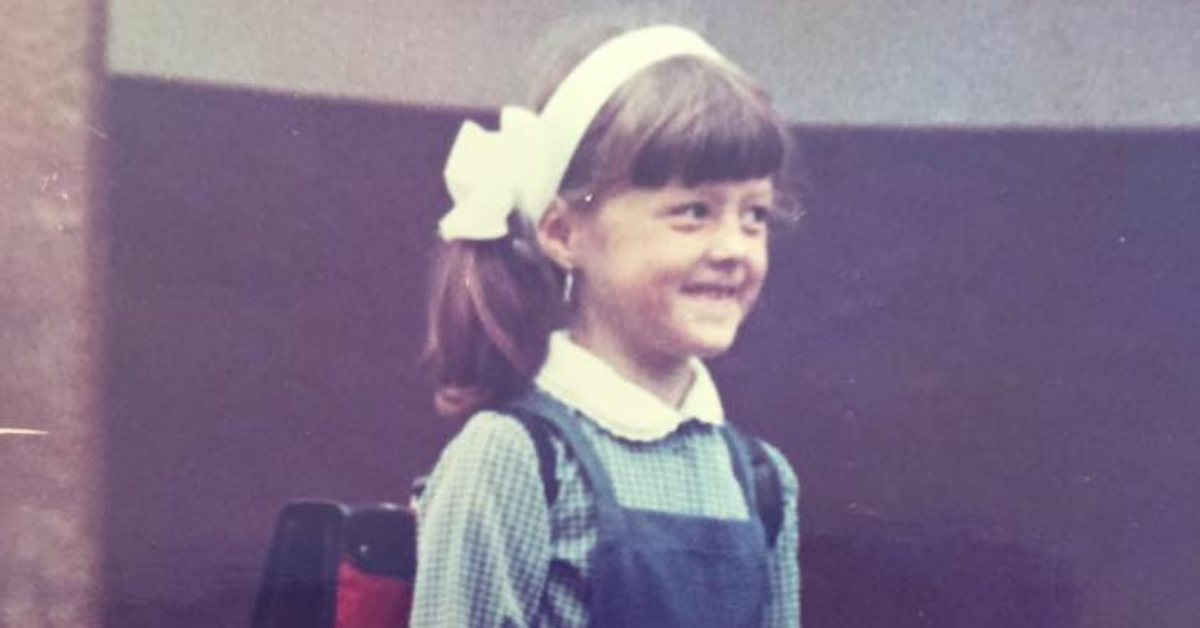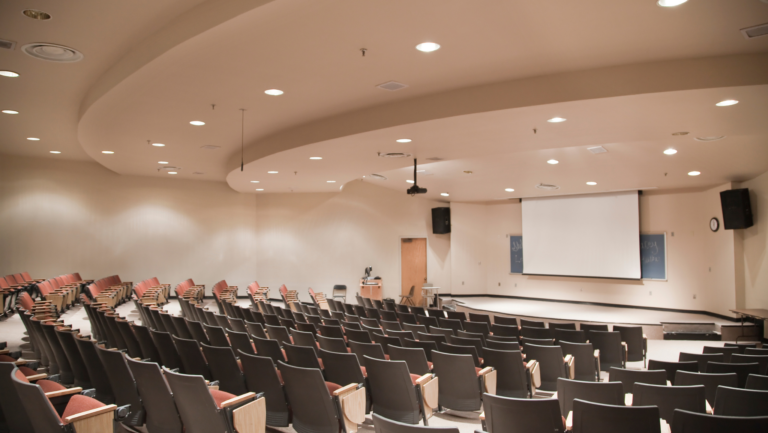I grew up thinking I had no real talents. I wasn’t particularly good in school and when it came to any of the arts or sports, I didn’t really stand out at anything.
At school, my grades weren’t bad, but not as high as some of the other kids in my class, so my mother decided I needed tutoring. I had a Math and grammar tutor for as long as I can remember. Later on I had an English tutor, too, although I actually enjoyed this one.
You know what I was really good at? I was never shy to talk in front of a crowd and could I ever tell a good story! I remember summer days at my grandparents’ village gathering up the kids and telling them all sorts of made up stories that I would think up pretty much on the spot. There was nothing more satisfying than making my audience laugh.

Another thing I was really good at was making things happen. I would take interest in something and take action. I rallied friends, classmates and family members around my idea and somehow got them to buy into it and help me see it to fruition. I created a cheerleading team at my school when cheerleading was only a thing we saw on North American TV. I signed my school up for a competition between schools that was aired on national television. Somehow I convinced the school Principal to allow for this televised competition to happen in our gym and then formed a team of students and teachers to engage in live debate on TV.
Lastly, it turns out I was also pretty good at languages. I grew up bilingual. My mother’s family is part of a minority group of Croatians in Romania. So I spoke Croatian to my mother and her family and Romanian to everyone else. I then had to learn Russian in grade one , then English and French in the following years. By age twelve I could speak four languages and began to teach myself Spanish by watching soap operas. Later, I also took on German.
But … in the eyes of many adults like my mother, none of these were actually useful skills, because they would not get me a “real” job.
In adult minds, real skills such as being good at Math, Science and other academics are the ones that will set you up for success. As a result, grownups spend tremendous amounts of energy, time and money trying to get their children to be good at these particular skills, often ignoring some of the intrinsic and not so obvious talents, they might have.
This blog is not a criticism to parents. I have no doubt that my own mother, like most parents, have the best intentions at heart. Most parents want their children to succeed and they want to help equip them for the future as best as they can.
Rather, I write this as a call to action for parents to re-direct their attention to some of the less obvious skills their children intrinsically have. Instead of focusing on what our children are not good at, why not pay closer attention to what they actually enjoy and find ways .
Equating intelligence with academics is a huge mistake. Intelligence is much, much richer. It includes the ability to observe and interpret the world around us, as well as the ability to express our individual observations and interpretations in coherent ways.

So dear parents, if you sometimes find yourself worrying that your child might not have any real talents, don’t. Instead take a closer look at what they naturally gravitate towards and what they enjoy doing. Then, find a way to encourage them and help them grow in those areas.
From my own childhood examples, here are some things I wish the adults in my life had picked up on and encouraged me to develop further.
- My talking a lot and making up stories, was a clear display of creativity and leadership skills. Keeping an audience engaged is hard and if your child seems to have a knack for it, find ways to encourage and nurture these particular skills. You don’t have to sign them up for an extracurricular. Simply take an interest in their stories. Ask questions bout them. Ask them to tell you more stories. Put together a family skit based on one of their stories. Simple, yet so important in building them up and growing their confidence.
- If your child spends a lot of time on extracurricular events at school or takes an interest in a particular cause, that is called initiative and risk-taking – vital life skills! It takes a lot of courage to take something on. There is always the chance that it will go wrong, so if your child is willing to take the risk to start a club, participate in a play, support them! Donate to their cause if you need to! Attend whatever they’re organizing! But most importantly, don’t force them to drop it so they have more time to focus on academics.
- Lastly, if your child has a knack for languages, please encourage it. Don’t say “what are you going to do with that? Are you planning to be a teacher?” There is of course nothing wrong with being a teacher, but saying that to your child is so limiting. There are so many things your child can do when they are multilingual. In a globalized world such as the one we live in, cultural sensitivity is a key competence. Learning a new language opens a lens into a new culture, offers a new perspective and ultimately a broader way to look at life. Yes, a lot of people in the world speak English, but that is their gain and our children’s loss if we teach them to believe they don’t really need to learn a new language. If your child is so inclined, encourage it. And remember, school is not the only place to learn a language or discover a new culture. In Canada, in particular, we have one of the most culturally rich societies in the world! Embrace it and teach your kids to embrace it, too. If your child’s neighbour friend speaks Spanish at home, teach your kids to ask them how they say things in Spanish, what traditional meals they eat (Spanish names), etc. In Canada we are fortunate enough to have the world in our backyard, so why not leverage that to help our children develop a global mindset?
Within each of us lays tremendous and unique potential. Unfortunately, as a society, we have really bought into the idea that academic skills are somehow what matter most. They do matter, of course, but they most certainly do not define our full potential.




